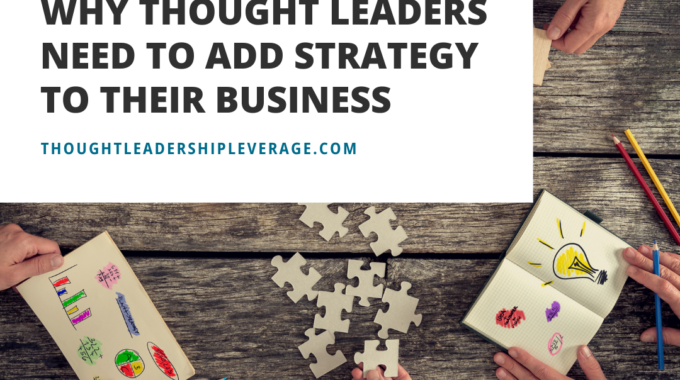Is your thought leadership strategy as solid as a rock? Let's get real—having a strategy…
Are You Changing Mindsets or Building Skills?
One way to look at content is to determine if its primary application is to develop skills or to challenge and change mindsets. There are three phases that need to occur for learning to “stick”:
1) Mindset (beliefs, values, perspectives, disposition)
2) Skill Development
3) Tools (supporting development)
Far too often people are somewhat skeptical (and even fearful) of starting with challenging someone’s mindset and focus on developing a specific skill with a practical tool. It seems logical – if I’m a sales manager and I believe that my team could do a better job when it comes to negotiating I might as well train them on how to be a better negotiator. However, if the training only consists of attempting to develop that skill by teaching how to use specific tools in specific situations (i.e., never make an offer first, clearly articulate the value of your solution, etc.) but doesn’t challenge people to evaluate their mindsets then it will not be as effective as it could be. Developing skills is not a bad thing, but it’s more effective to start with mindsets.
Everyone comes to the table with preexisting beliefs, perspectives and values. Some of them we are clearly aware of and some of them we are aware of at all and therefore cannot determine if they are serving our needs or hindering us. The root of the mindsets is not the issue, nor is it all that important. What is important is to determine if your content can integrate a challenge to an individual’s mindset.
You do not need to tell anyone that their mindset is wrong or flawed – you need to present them with an alternative that will connect with them on an emotional level but also stand up to reason. It needs to show them there’s a different way to view the world, that the risk of trying it is minimal and that the rewards (measured in any number of ways) are greater than the risk.
Now, not every subject lends itself to the integration of a mindset aspect, but many more do than don’t. When an author or thought leader takes the risk to challenge a mindset the results are followers of that author that are much more passionate and loyal. Passion and loyalty are earned and they are earned because the sustainable behavior change that can come from challenging a mindset is a powerful experience.
Comments (1)
Comments are closed.







I think that even if your purpose is to educate or train, it’s much more effective if the mindset is appropriate. Someone isn’t going to learn effective negotiation skills if their mindset is that negotiation doesn’t matter, or doesn’t work. It’s much like the principle in recruitment that says it’s much better to find someone with the right attitude and aptitude, even if they don’t have the right hard skills — it’s easier to teach the skills than it is to build the attitude. So of the two ideas — knowledge or mindset — I’d say make sure that the mindset is nailed down first. Any thoughts on how to determine if the right mindset is in place?